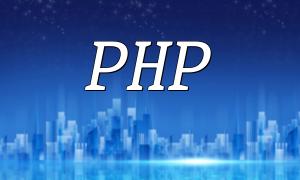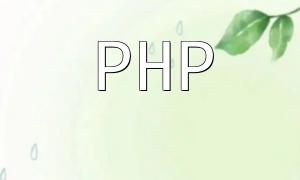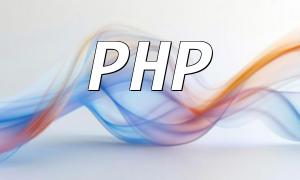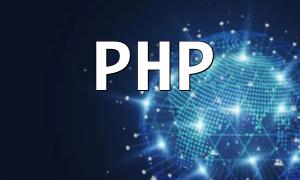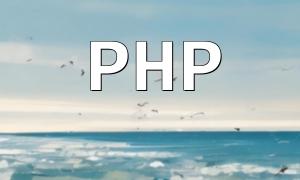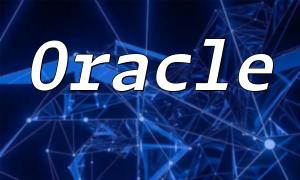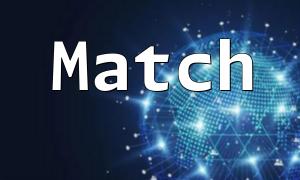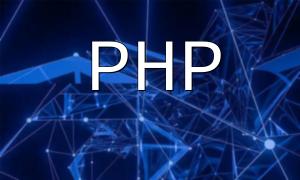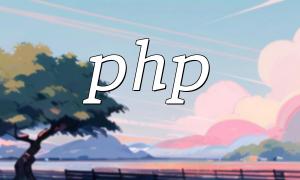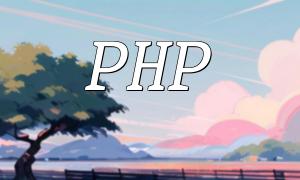In large PHP projects, team collaboration and code management are essential to ensure efficient, high-quality, and consistent development. This article shares best practices for using PHP frameworks to manage teamwork and code.
Using a version control system (VCS) such as Git to track code changes is crucial. It allows team members to collaborate, resolve merge conflicts, and maintain a complete history of the code.
$ git clone https://github.com/my-project.git
$ git add myfile.php
$ git commit -m "Added new feature"Establishing a clear branching strategy separates different feature development, enabling team members to work on multiple features simultaneously and avoid codebase confusion.
$ git checkout -b feature/new-featureImplementing a code review process before merging to the main branch helps ensure code quality, catch errors early, and promote knowledge sharing within the team.
$ git request-pull my-project feature/new-featureUsing continuous integration (CI) tools like Jenkins or GitHub Actions automates building, testing, and deployment, reducing human errors and ensuring code is always deployable.
jobs:
build:
steps:
- checkout:
path: my-project
- run:
command: composer install
- run:
command: vendor/bin/phpunitTools such as Trello, Asana, or Jira can track tasks, set deadlines, and increase transparency, greatly improving team collaboration efficiency.
Establish clear communication channels using Slack or Discord for real-time collaboration, and hold regular team meetings to discuss progress and resolve issues.
For a large project developed with Laravel:
By following these best practices and applying the right tools, you can create an efficient and well-coordinated PHP development environment.
